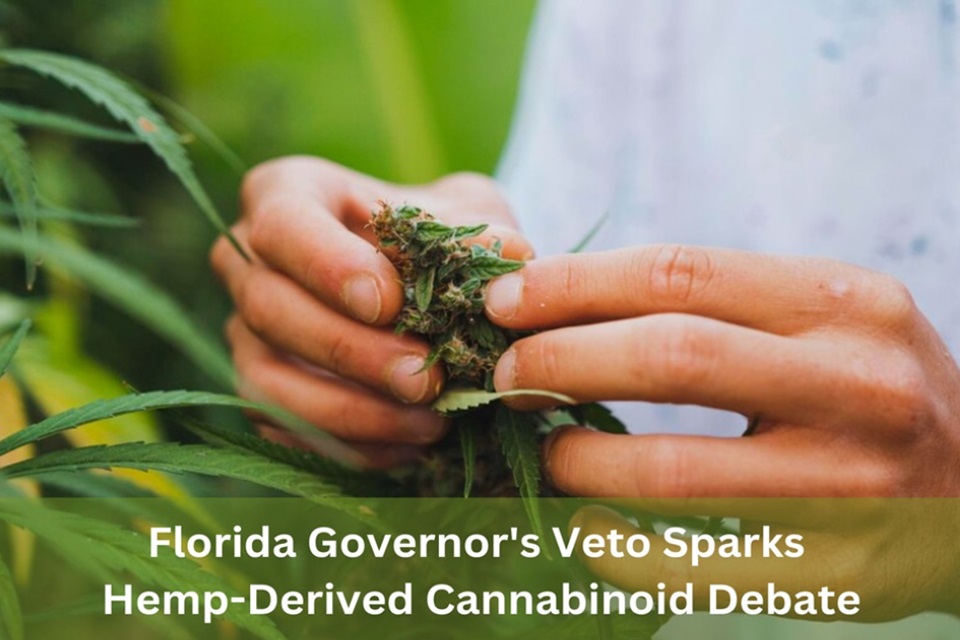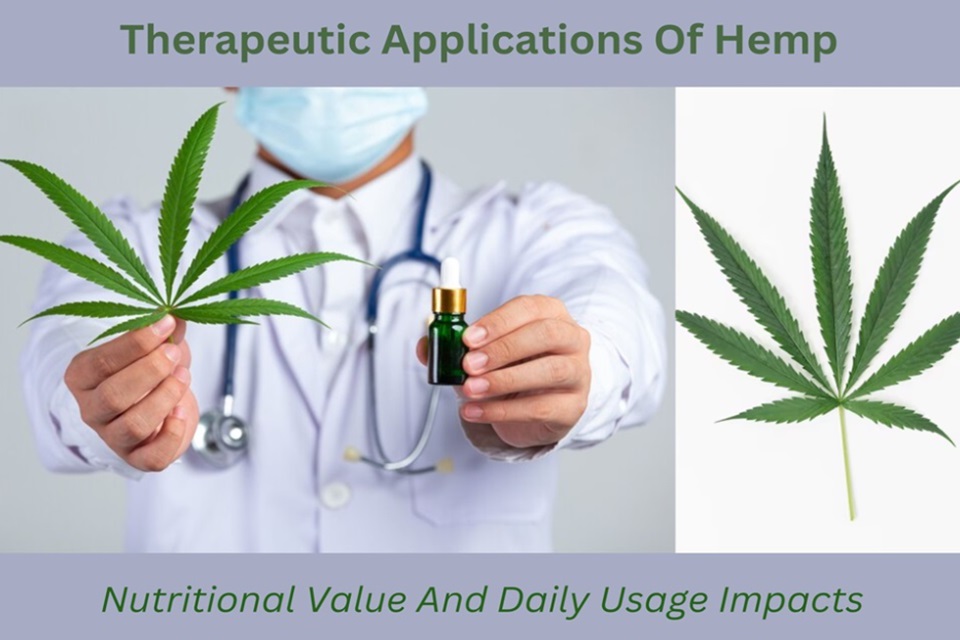Florida Governor’s Decision Sparks Controversy Over Hemp-Derived Cannabinoids
Florida Governor Ron DeSantis’ recent decision to veto SB 1698, a bill aimed at banning the sale of delta 8 THC and other hemp-derived cannabinoids, has ignited a heated debate in the state. This move comes amidst growing tensions between the hemp and marijuana industries, as well as the looming November ballot initiative on recreational marijuana legalization.
Understanding The Decision
Governor DeSantis’ veto of SB 1698, which had gained approval from both houses of the Florida state legislature, was motivated by concerns about the bill’s potential negative impact on small businesses. While acknowledging the commendable goals of the bill, DeSantis highlighted the debilitating regulatory burdens it could impose on small retail and manufacturing enterprises. Instead, he suggested revisiting the issue in the next legislative session and focusing on implementing product standards related to packaging, accurate labeling, and dosing instructions.
Political Strategy
Reports indicate that Governor DeSantis’ veto was also strategic, with an eye on the upcoming November ballot initiative (Amendment 3) seeking to legalize recreational marijuana sales in the state. DeSantis, a vocal opponent of marijuana legalization, sees the veto as a means to dissuade voters from supporting the amendment. By maintaining access to hemp-derived products like delta 8 THC, it’s believed that individuals may be less inclined to vote in favor of recreational marijuana legalization.
Industry Rivalry
The rift between the hemp and marijuana industries is at the heart of this controversy. While the regulated marijuana industry and outside interests eyeing the potential profits of recreational sales support the delta 8 ban, the hemp industry vehemently opposes it. Hemp businesses, including farmers, manufacturers, and retailers, view the ban as a threat to their livelihoods and the accessibility of hemp-derived products for consumers.
Impact On Businesses & Consumers
Should SB 1698 have been enacted, it would have prohibited the sale of delta 8 THC and various other hemp-derived cannabinoids. This would have significant ramifications for numerous businesses across Florida, from hemp farmers to retail outlets selling these products. Additionally, consumers who rely on hemp derivatives for medical purposes, such as anxiety treatment, would have been affected by the ban.
Understanding Hemp Vs. Marijuana
It’s essential to distinguish between hemp and marijuana. Both are derived from the Cannabis sativa plant, but hemp contains less than 0.3 percent delta 9 THC and is federally classified as an agricultural product under the 2018 Farm Bill. Marijuana, on the other hand, contains more than 0.3 percent delta 9 THC and remains federally illegal.
The November Ballot Initiative
Amendment 3, the Marijuana Legalization Initiative, aims to legalize recreational marijuana sales in Florida. For it to pass, it requires a 60 percent approval from voters. The initiative would permit adults aged 21 and over to possess limited amounts of marijuana and empower the state legislature to regulate cultivation and retail businesses.
Polling Uncertainty:
Polls regarding the passage of Amendment 3 vary, with no clear consensus on its outcome. This uncertainty underscores the complexity and divisiveness of the issue within the state.
FAQs
- What are hemp-derived cannabinoids?
Hemp-derived cannabinoids are chemical compounds found in the hemp plant, such as Florida Delta 8 THC, HHC, delta 10 THC, THC-O, THCP, and THCV. These compounds have gained popularity for their potential therapeutic effects and are distinct from the psychoactive compound delta 9 THC found in marijuana.
- How would SB 1698 have impacted businesses?
SB 1698, if enacted, would have banned the sale of various hemp-derived cannabinoids, potentially disrupting the operations of hemp farmers, manufacturers, distributors, and retail outlets across Florida. Additionally, it would have affected consumers who rely on these products for medical purposes.
- Why is there tension between the hemp and marijuana industries?
The hemp and marijuana industries are often at odds due to their competing interests. While the marijuana industry seeks to monopolize the market for intoxicating cannabis products, the hemp industry advocates for the accessibility and legalization of hemp-derived products without the psychoactive effects associated with marijuana.
Continue reading







